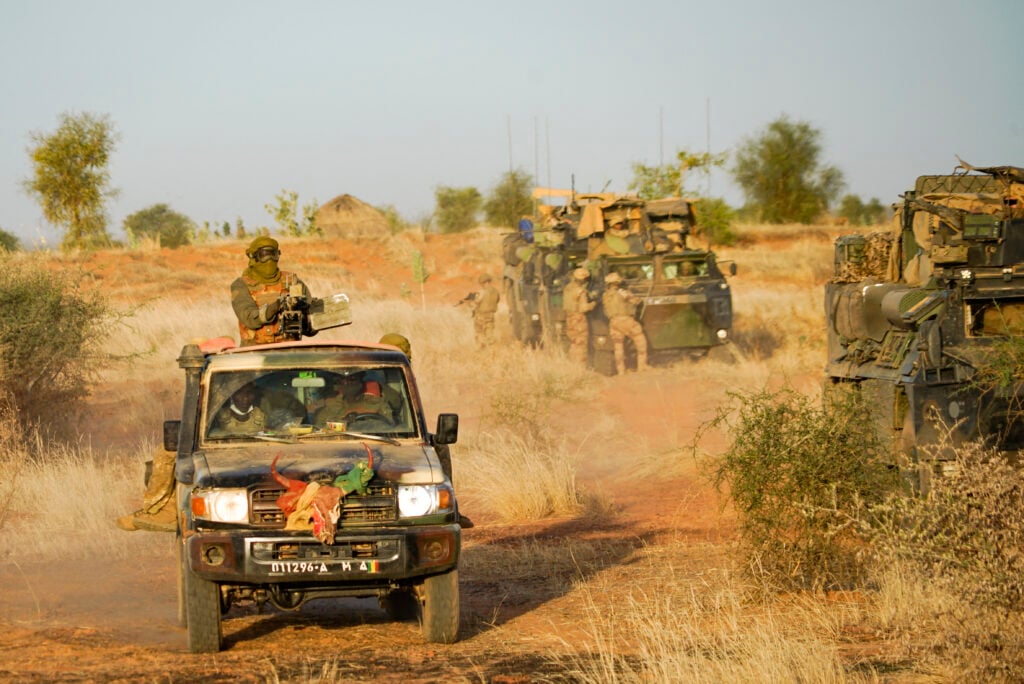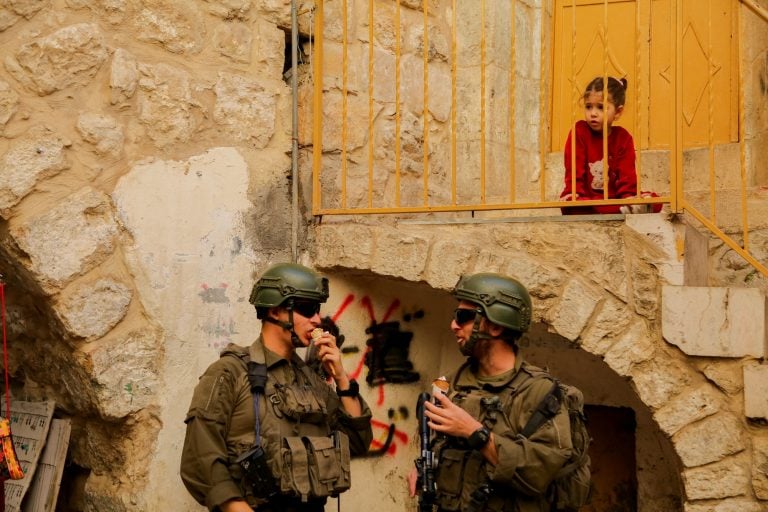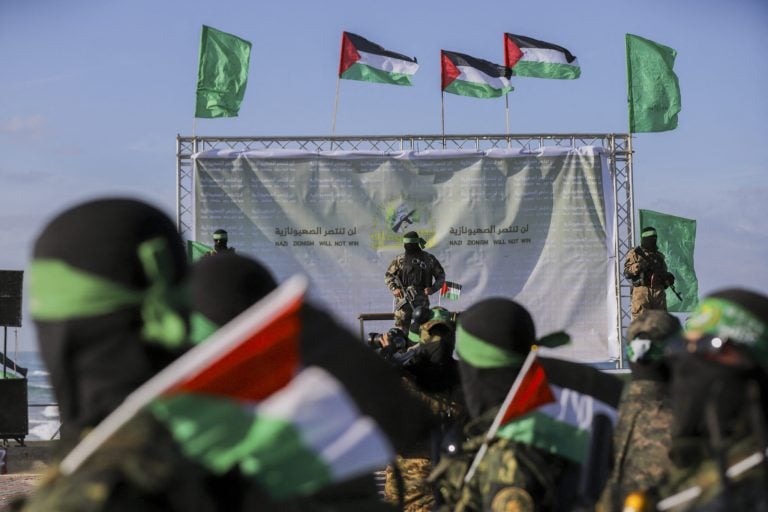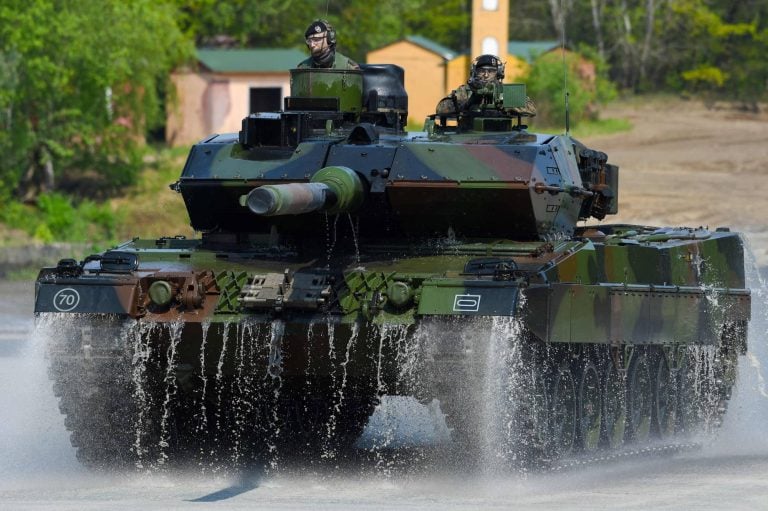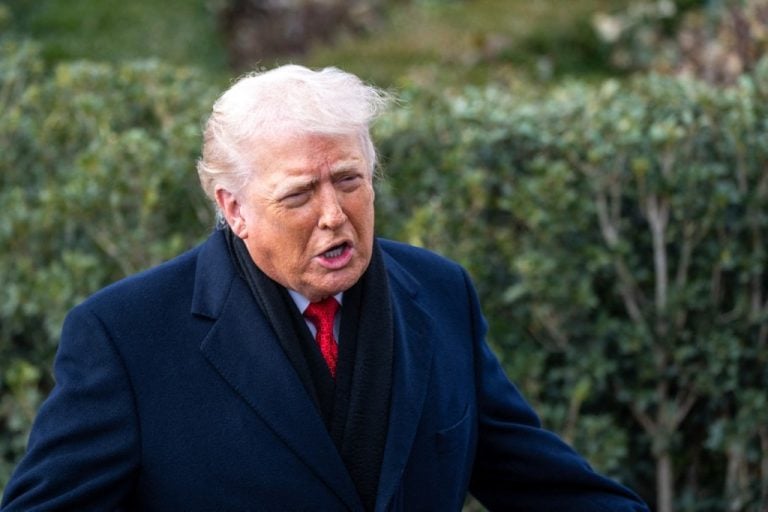At least 20 civilians in central Mali have reportedly been killed and buried in mass graves following their arrest by soldiers, according to local sources and statements from the International Federation for Human Rights (FIDH). The incident, which has drawn significant concern, took place in Diafarabe during a weekly market last Monday.
Local officials revealed that the Malian armed forces apprehended 22 individuals before transporting them across the Niger River to the village of Mamba, situated near a cemetery. Eyewitnesses reported a harrowing account of the killings, noting that the victims had their throats slit before being buried in a hastily dug mass grave. Remarkably, one person escaped this grim fate and later informed the community of the massacre.
FIDH condemned the actions of the Malian military, accusing them of carrying out summary executions. Although around 30 men were detained in the area, some were released, while 25 others were taken away by boat. The bodies of these individuals were subsequently found decapitated and buried by their relatives on May 15.
Witnesses indicated that many of those arrested belonged to the Fulani community, who are often unjustly linked to jihadist groups. This has heightened existing tensions in an area that has seen repeated violence and military action.
In response to the allegations, the Malian army stated they were taking the accusations “very seriously,” pledging to conduct an investigation to verify or refute the claims. However, reactions from local residents have been one of deep distrust. A protest involving around 100 individuals took place in Diafarabe, with participants demanding information about the detained men. One protestor, a relative of a victim, expressed fear and frustration, claiming, “They are not here to protect us. They came to finish off all the men in the village.”
The troubling pattern of violence has been exacerbated by the presence of the Wagner Group, a Russian paramilitary organization reportedly active in Mali. The Malian army and Wagner forces have faced numerous accusations of committing human rights abuses against civilians. Just weeks prior to this incident, bodies were recovered near a military camp in western Mali, following the detention of numerous civilians, predominantly from the Fulani community.
This escalation of violence is part of a larger destabilization trend that has plagued Mali since 2012, marked by the rise of jihadist factions affiliated with al-Qaeda and the Islamic State, alongside rampant community and criminal violence. Since seizing power in coups in 2020 and 2021, Mali’s military leadership has shifted alliances from former colonial power France to increasingly engage with Russia, further complicating the situation in a country grappling with ongoing unrest.
